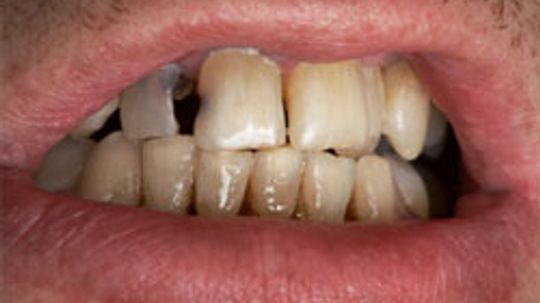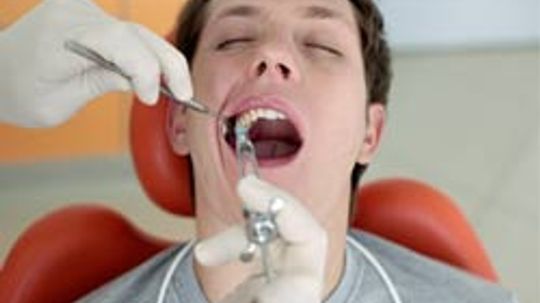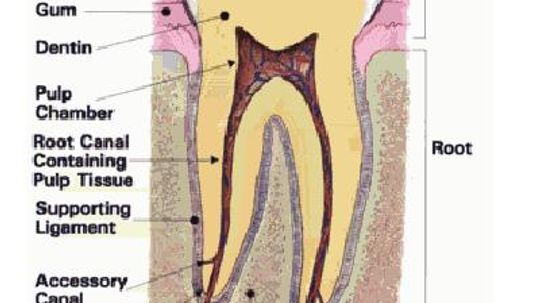Dental Problems
Dental problems can include cavities, toothache, gum disease and more. Learn all about common dental problems and how to deal with them.
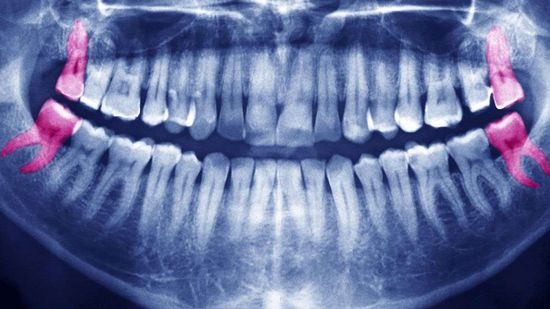
Wisdom Teeth Can Stay, Says Oral Surgery Organization

Dental Work and Pericarditis
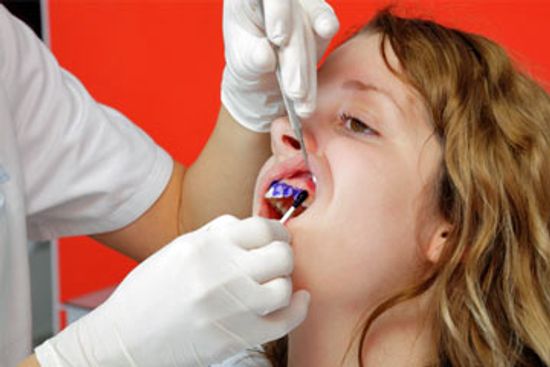
Professional Fluoride Treatment

5 Foods That Are Good for Kids' Teeth

5 Great Brushing Teeth Games for Kids
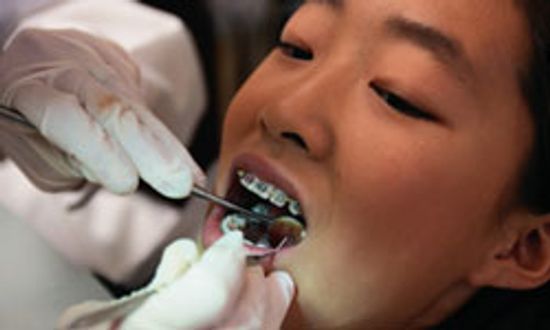
5 Teeth Straightening Options for Kids
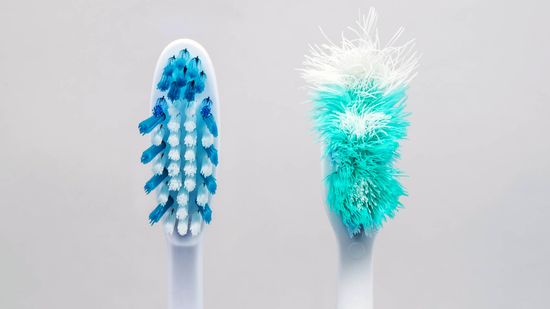
How Often Should You Replace Your Toothbrush?
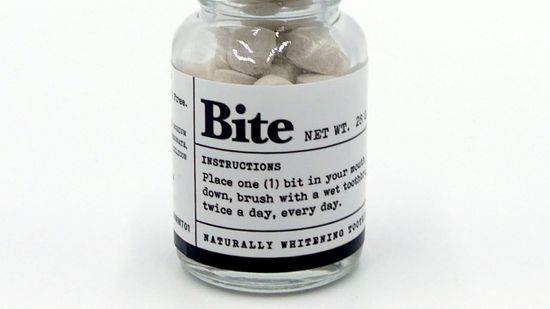
Toothpaste Tablets: A New Way to Brush Your Teeth

Who Brushes Their Teeth in the Shower?
Learn More / Page 2
You probably don't think much about the enamel that protects your teeth, but if you want to keep your choppers pearly and white, you should. Even if your enamel has worn, there are things you can do to protect your teeth.
By Echo Surina
Impacted wisdom teeth can be quite painful, but there are simple steps you can take to stop the pain. Read the article below to learn how to stop wisdom tooth pain.
What's more uncomfortable than having a conversation with a close talker? Having a conversation with a close talker who's sorely in need of a breath mint. Bad breath happens to good people, but why?
Advertisement
We all know things can go wrong with teeth. However, the good news is that most dental afflictions are preventable. Learn about the dental disorders that threaten your oral health and how to thwart them.
The toothache isn't easy to endure. The good news: With improved dental care, the a toothache is not as common as it once was. Learn what to do when a toothache does make an appearance.
Gingivitis is the first stage of gum disease. According to the ADA, gum disease is the leading cause of tooth loss among adults. Learn how to care for your gums to ease or avoid gingivitis.
Everybody handles excess stress differently. Some people develop an ulcer, some people develop high blood pressure, and some people grind or clench their teeth.
Advertisement
We all know eating sugar can cause cavities, but what is a cavity, exactly? This article explains what happens to your tooth when you have a cavity as well as what your dentist has to do to fix it.
Ever wonder how it is that something as incredibly hard as a tooth can get a hole in it? Learn how cavities form and how dentists create fillings to rebuild teeth, then learn how you can prevent cavities in the first place.
